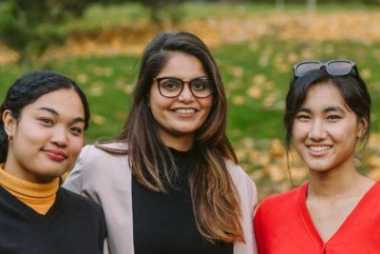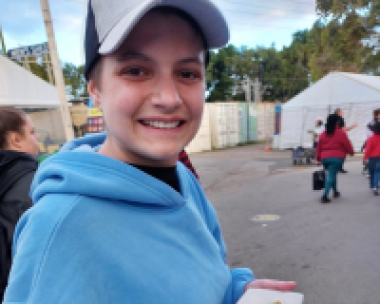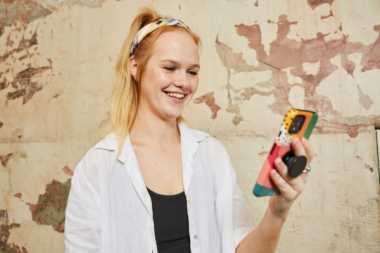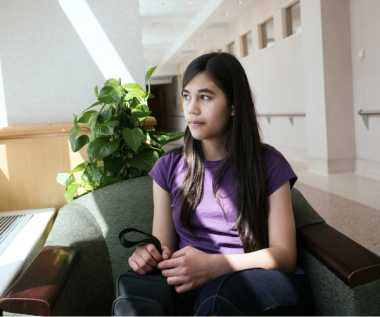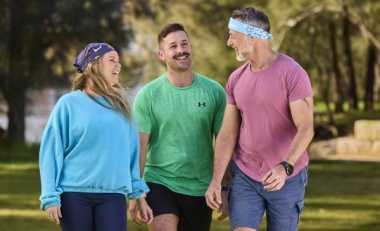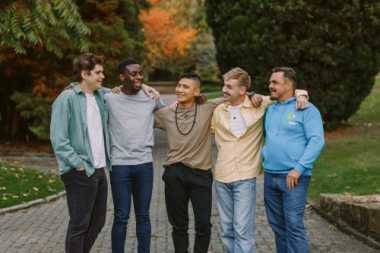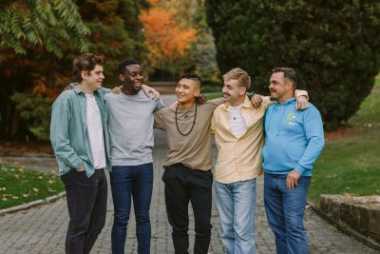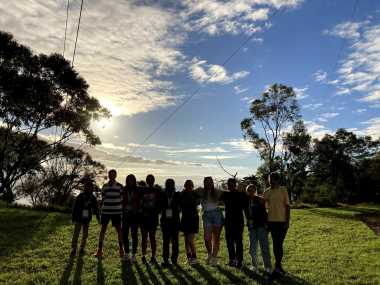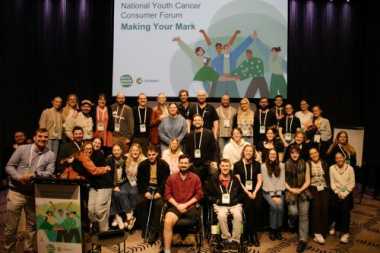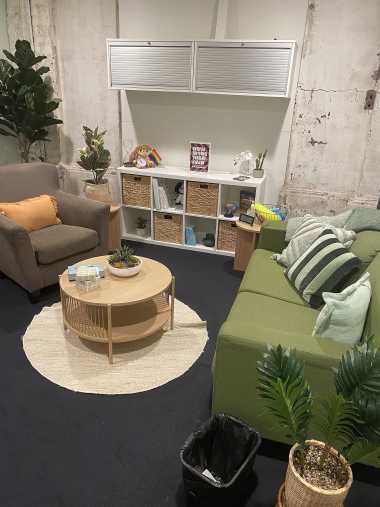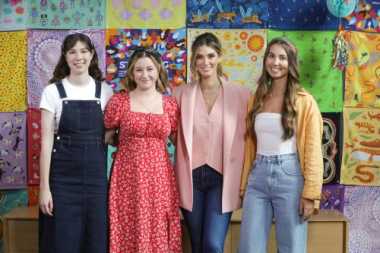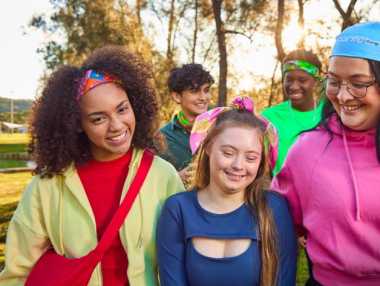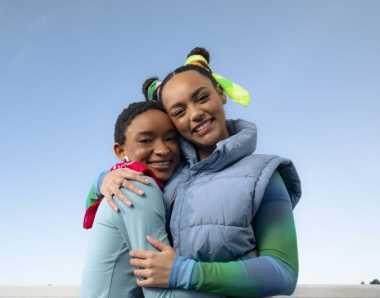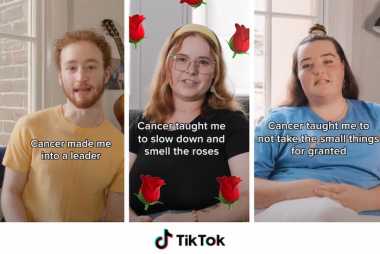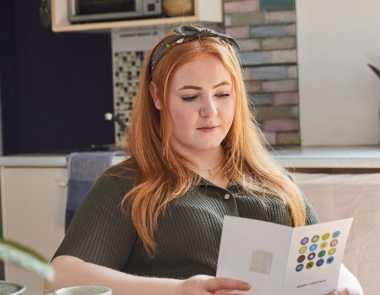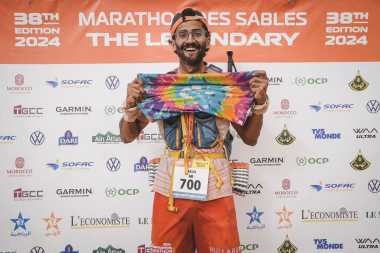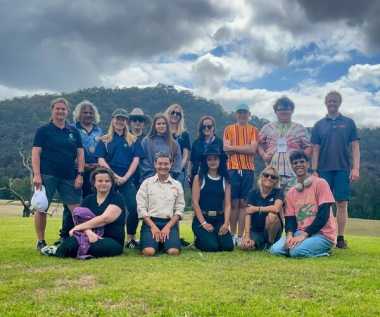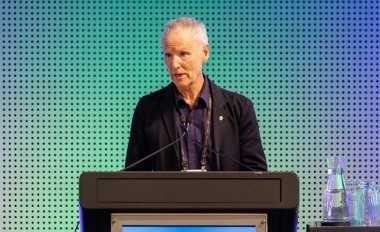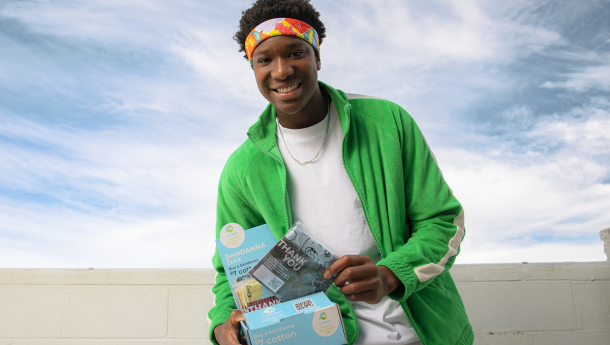 Join our 30th Bandanna Day!
Join our 30th Bandanna Day!
Register to sell bandannas and help provide life-changing support to young people facing cancer.
CTA
Find services, support & information
Cancer changes everything. We get it
For every $1 invested in Canteen programs, a social value of between $4.40 and $7.65 is estimated for the outcome delivered.

$99+
Million in Social Value
Over a 5-year period

24/7
Online Support
In our communities for young people and parents
Image
More from Canteen Australia
ABOUT CANTEEN
Canteen supports 12-25 year-olds dealing with their own diagnosis, a close family member’s cancer or the death of a loved one. Our services also now extend to parents, because when they cope better with cancer and communicate openly, their children are likely to experience less distress and anxiety.




